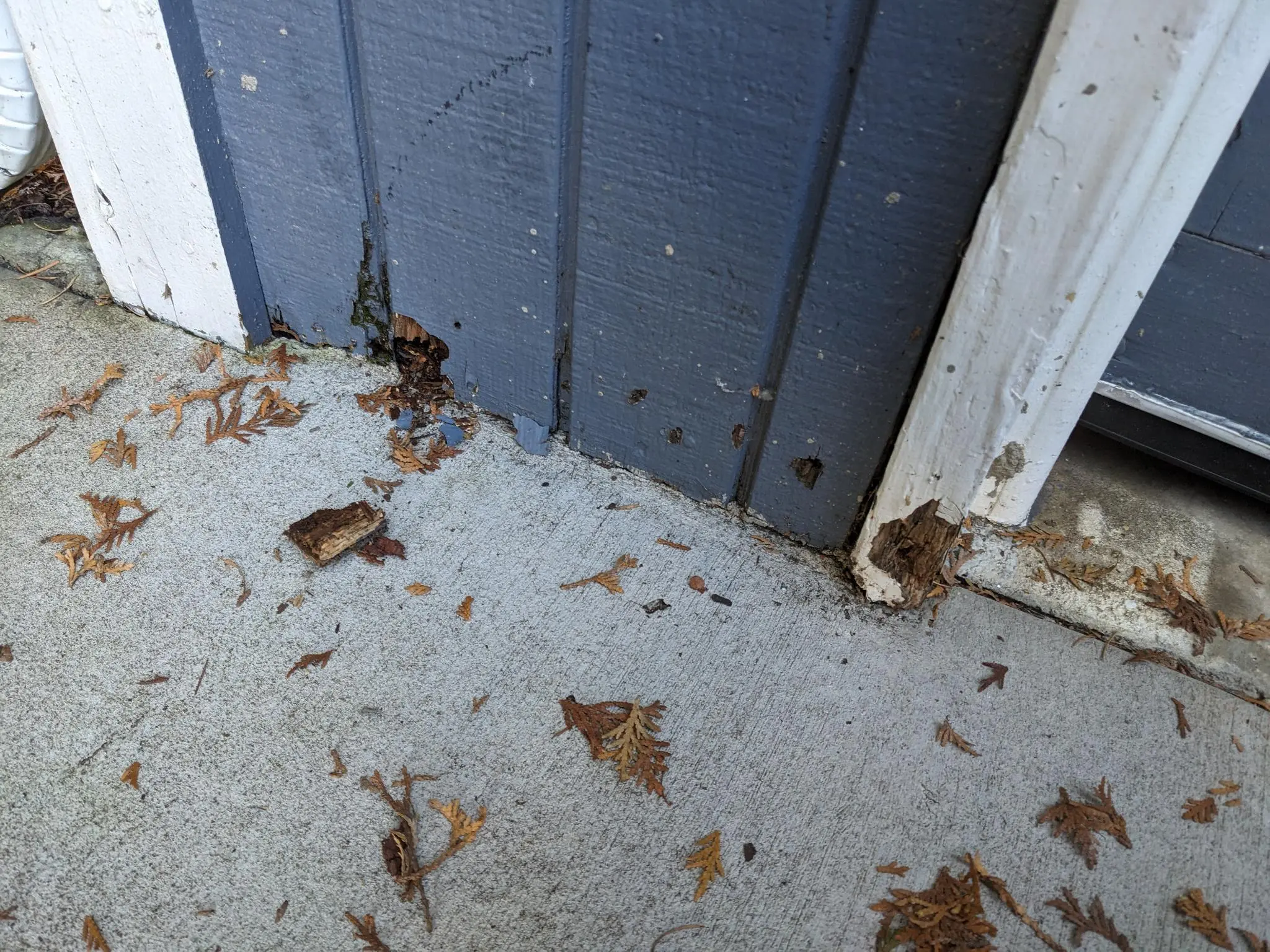this post was submitted on 24 Nov 2023
50 points (98.1% liked)
Home Improvement
9088 readers
3 users here now
Home Improvement
founded 2 years ago
MODERATORS
you are viewing a single comment's thread
view the rest of the comments
view the rest of the comments

If there is a slope the water will not run upwards, and the water on the siding should run down to the ground and away as well. The siding panels should also be painted with outdoor paint also on the bottom so the water cannot penetrate in the cuts at the bottom of the siding. The small amount of time before it drains away will not cause it to rot as long as it's treated in all the cuts, it's the still water over time that causes the wall to rot.
Or do you mean there is nothing else behind these boards, so if you cut them there will be an open gap between the siding and the concrete?
if it's the last one, you can add an aluminum fitting to the end of the siding, or a fitting of some other material that handles outdoor conditions. By doing this you hide the end of the wall from the elements, it is durable, easy to replace and if you choose the right one it can look good as well. This will also enable you to just remove the rotten part in the bottom of the siding, unless the rot has spread deep or high in the construction, as the fitting will close and blend the cutter part. Just make sure to leave a small opening at the bottom of the fitting, to let the water escape, or you can seal it properly, as the fitting will not take water damage like wood, and is more easily to replace if needed.
example picture of a wall where fittings have been applied to a wall with the same type of issue with rotting sidings, the principles are the same, though the issue in this case is further up.
It's from this article, it's in Norwegian, but you should be able to translate it using Google translate if it's something you want to read.
https://gjoerdetselv.com/hus/fasade/kledning/skjul-ratne-kledningsbord